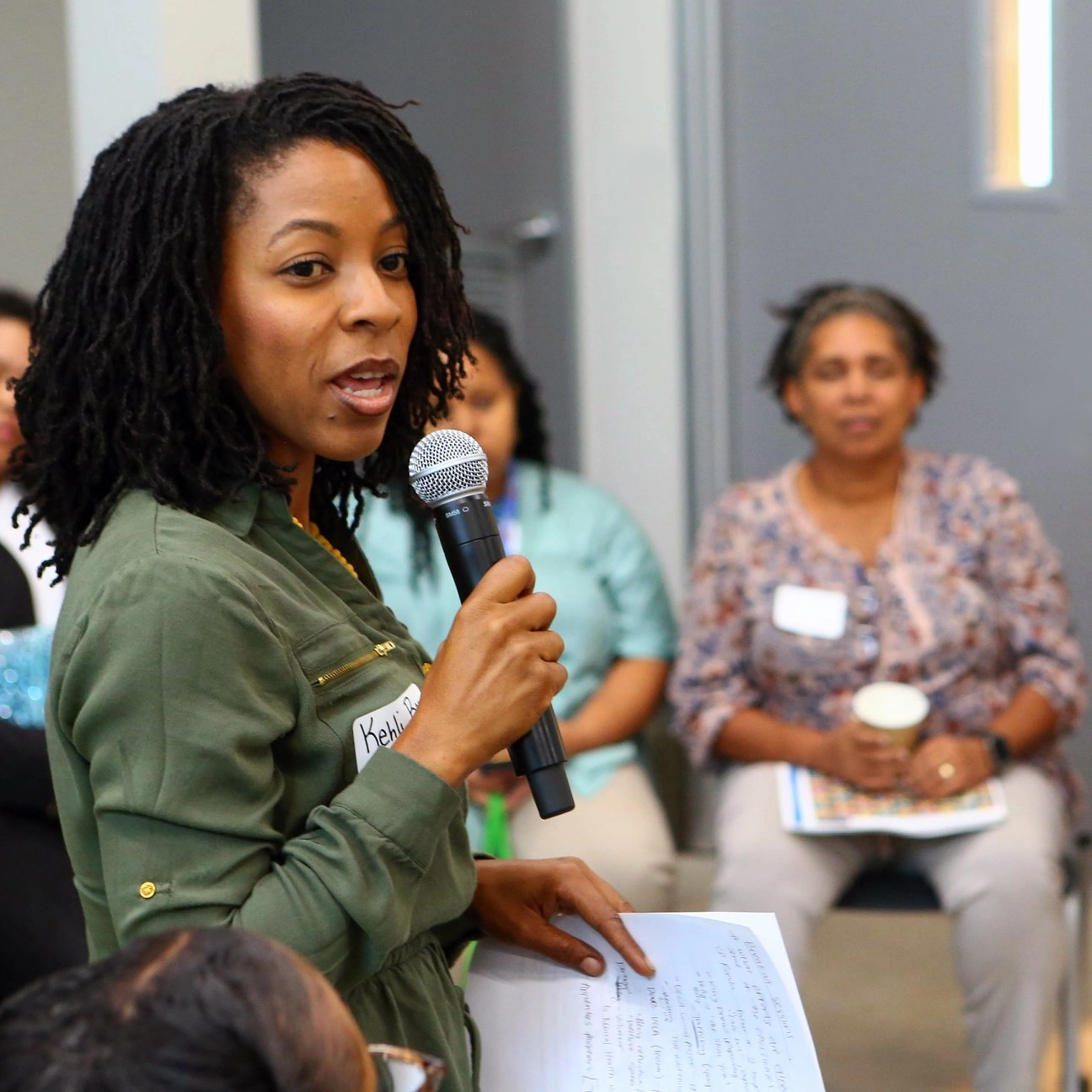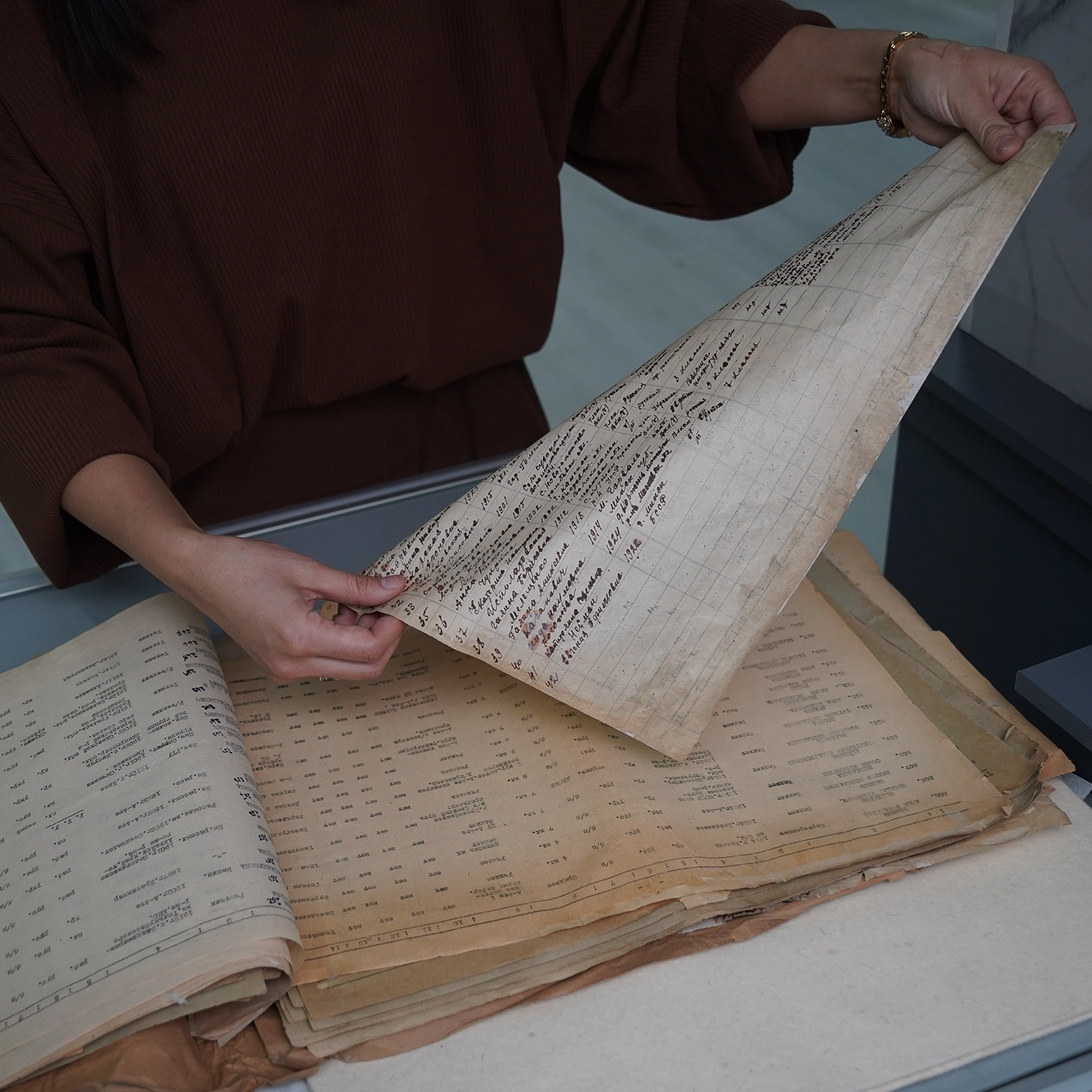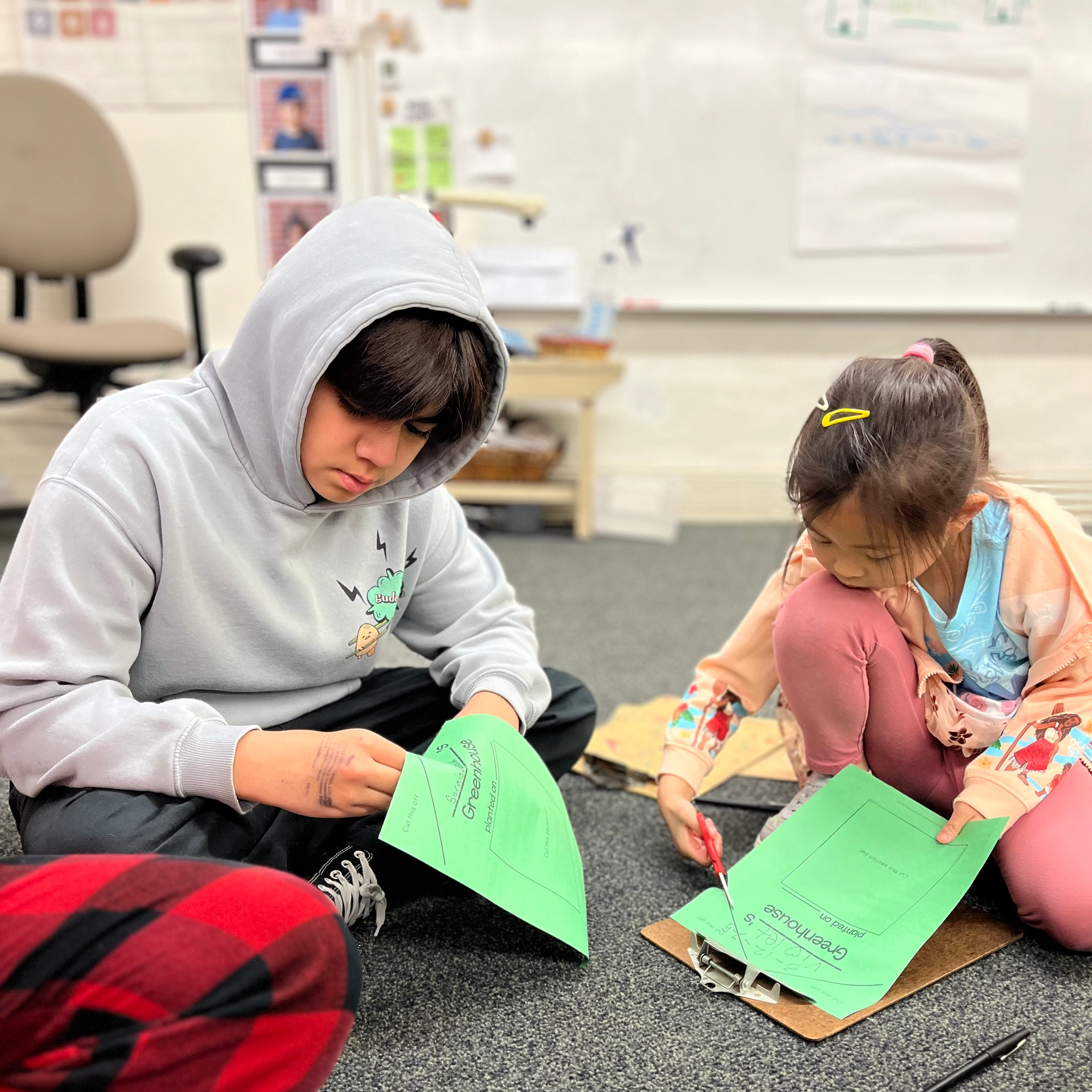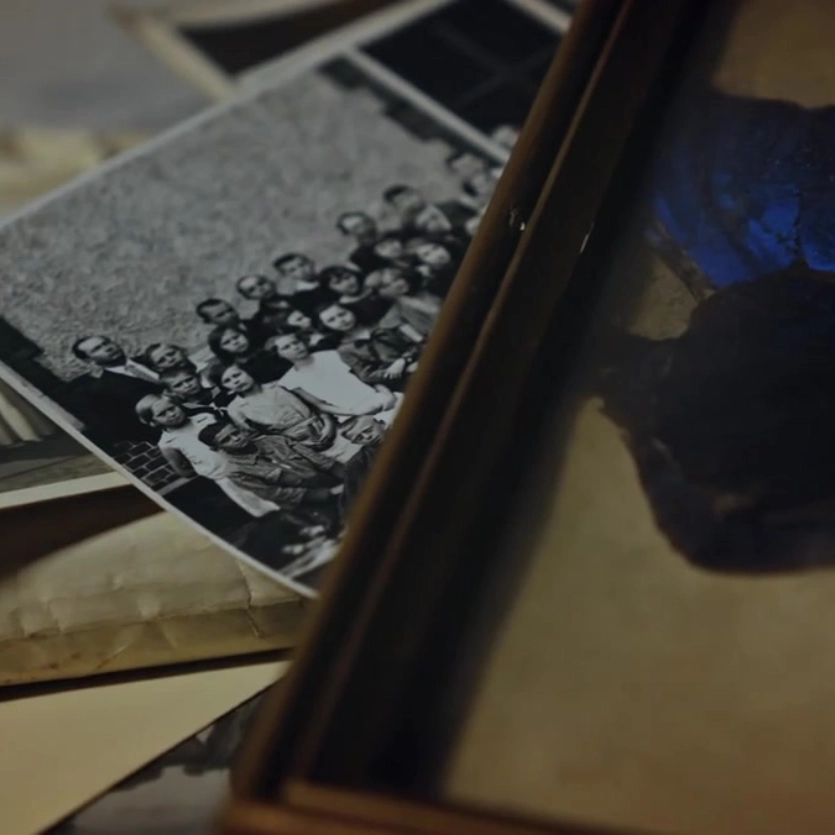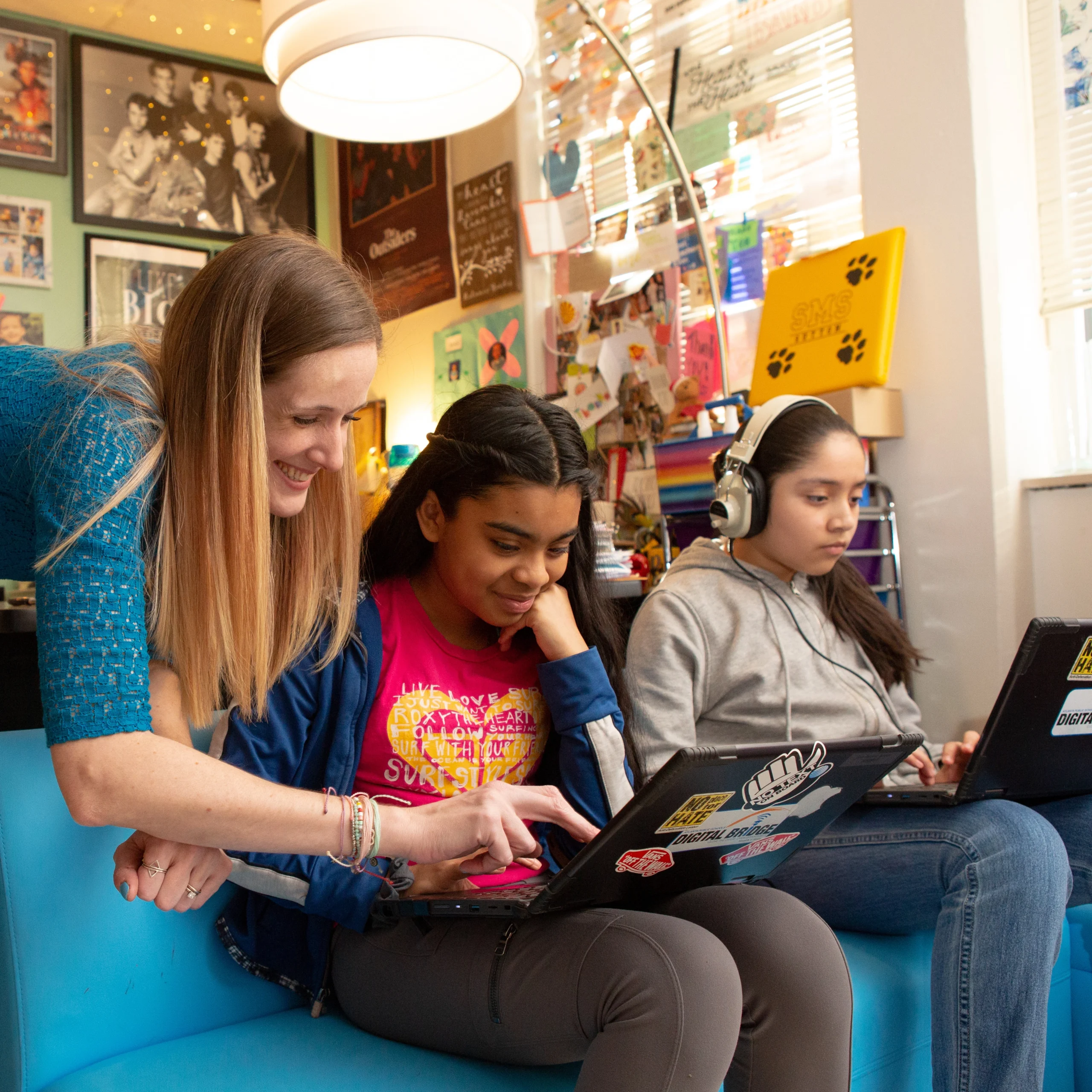UC|CSU Collaborative for Neuroscience, Diversity, and Learning: Supporting Diverse Learners Through Evidence-Based Practices
Leigh Kaufman Leveen
November 14, 2025
UC|CSU Collaborative for Neuroscience, Diversity, and Learning—a statewide partnership–is bringing the science of how students learn directly into the hands of educators and communities. By connecting cutting-edge research with everyday practice, the Collaborative is helping ensure that every child, in every corner of the state, has the chance to thrive.
Launched in 2019 through the California Budget Act, the UC|CSU Collaborative for Neuroscience, Diversity, and Learning brings together faculty and leaders from California’s two public university systems to transform how educators are prepared to teach the state’s diverse learners.
“The UC|CSU Collaborative was created to ensure that every child in California has access to educators who understand the science of learning and who can respond to the wide range of strengths and needs in today’s classrooms,” said Alison Yoshimoto-Towery, Ed.D., executive director of the UC|CSU Collaborative. “Our mission is rooted in equity, evidence, and the belief that every student deserves the opportunity to thrive.”
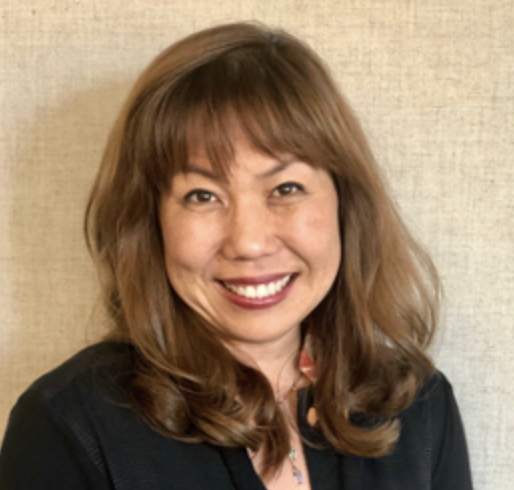
With four core goals—advancing research to practice, equipping educators, building collaborative partnerships, and scaling effective practices—the UC|CSU Collaborative functions as a statewide multiplier of knowledge and innovation.
“Equity and evidence are at the heart of this work. By linking research to practice, the UC|CSU Collaborative ensures that California’s teachers are prepared with the tools they need to serve every learner. This model demonstrates the powerful potential outcomes when higher education works hand in hand with schools and communities,” said Tina Christie, Wasserman Dean of the UCLA School of Education and Information Studies.
Arraya Learning: Transforming Teacher Preparation and Practice
A cornerstone of the UC|CSU Collaborative’s work is Arraya Learning, a centralized resource hub designed to support educator preparation and professional learning across California. State-legislated at the UC|CSU Collaborative’s founding, Arraya provides evidence-based, expert-vetted resources aligned with credentialing requirements and teacher performance expectations.
Within its first year, Arraya has attracted over 4,000 registered users, including participants from all UC campuses and CSU campuses within educator preparation programs, as well as from school districts across California, with numbers increasing in real-time.
Arraya provides free, accessible resources on topics such as student engagement, self-regulation, early childhood learning and development, and literacy. Educators can access webinars, video presentations, resource guides, and courses at any time. California’s teacher candidates are leaving credential programs with the skills to recognize and respond to diverse learning needs from day one, improving outcomes in local schools.
In Spring 2026, Arraya will expand with interactive learning communities, allowing educators to connect in real time with peers and experts statewide around shared areas of interest with partners, such as Collaboration for Effective Educator Development, Accountability, and Reform (CEEDAR) Center, and the Council for Exceptional Children.
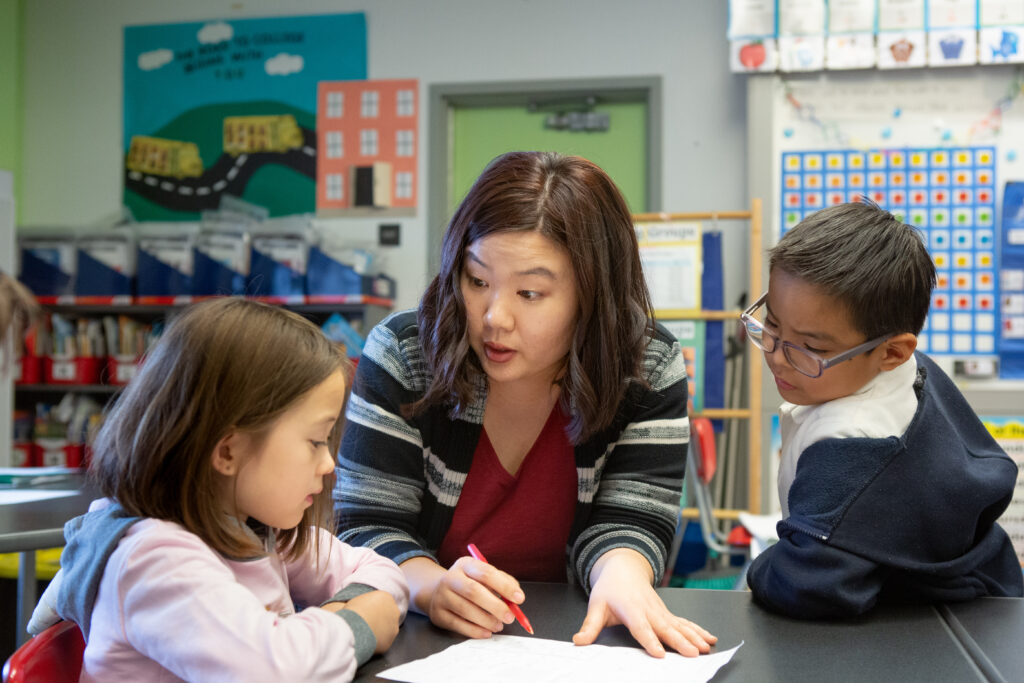
Advancing Literacy Statewide
When the UC|CSU Collaborative was established, California had already taken steps to strengthen literacy instruction, including a new ELA/ELD framework (2014), revised Dyslexia Guidelines (2017), and expanded professional development for teachers. Building on this foundation, the state charged the UC|CSU Collaborative with improving literacy outcomes for all children, particularly those with reading challenges such as dyslexia.
“In the past decade, we’ve seen tremendous advances in understanding how school experiences shape children’s brain and behavioral development. When educators have access to resources that connect developmental and neuroscience research to everyday classroom practice, they have the opportunity to learn more about how students learn and why certain practices are effective. This knowledge is empowering – teachers often report greater confidence in supporting the diverse learners in their classrooms. The UC|CSU Collaborative is helping make that critical bridge between research and practice a reality,” said Jennie Grammer, Ph.D., Faculty Director of the UC|CSU Collaborative at UCLA.

Faculty across UC and CSU are receiving training and resources to integrate brain science, literacy development, and evidence-based pedagogy into their coursework. These resources, housed on Arraya, assist faculty working in educator preparation programs with meeting the new requirements of SB 488, ensuring that future teachers are equipped to recognize and respond to diverse literacy needs.
The UC|CSU Collaborative’s Literacy/Dyslexia Modules—a set of e-learning resources that connect the latest neuroscience with classroom practice for teacher preparation programs– is equipping faculty and educators with tools to identify and address reading challenges.
Campus Liaisons: Connecting Statewide Faculty
Since its launch in Spring 2025, the Campus Liaisons Program has been transforming educator preparation across California by connecting faculty expertise directly to the needs of campuses and districts. Through these liaisons, research-backed strategies reach the educators who are shaping classrooms every day, ensuring that teacher candidates are equipped with the practical skills, confidence, and commitment needed to support all learners.
Liaisons provide feedback on program needs on their campuses, serve on content review committees to confirm alignment with state standards, and share resources through presentations, convenings, and campus networks. By cultivating strong relationships with both campuses and partner districts, the program strengthens the pipeline of well-prepared educators across the state.
As a board-approved partner of the California Council on Teacher Education (CCTE), the UC|CSU Collaborative also works closely with faculty leaders to ensure that the strategies and tools shared through the Campus Liaisons Program are aligned with statewide professional expectations in educator preparation.
“The CSU educates the majority of California’s teachers, and this liaison model is a powerful way to connect faculty expertise with statewide initiatives. It ensures that evidence-based practices don’t stay on the shelf, but reach classrooms, schools, and districts where they make a difference every day,” said Dr. Michael Spagna, Acting President of Cal Poly Humboldt.
“All educators—not just those in special education—need strategies, skills, confidence and commitment to ensure inclusive settings meet the wide-ranging needs of all students. The Campus Liaisons program helps us bring practical, evidence-based approaches directly to faculty and teacher candidates across California, ensuring that every student benefits,” said Kate Esposito, Ph.D., Faculty Director of the UC|CSU Collaborative and Chair of the Special Education Department at California State University, Dominguez Hills.
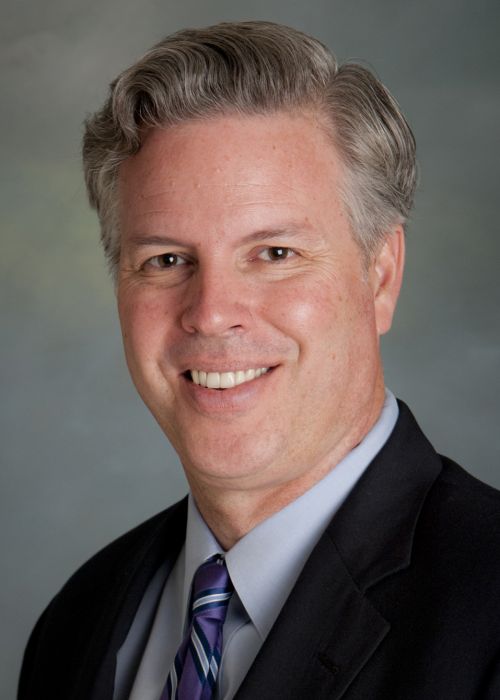
Statewide Partnerships and Systems of Support
The UC|CSU Collaborative’s partnerships extend across counties, districts, state agencies, and higher education, creating a system in which research and practice intersect to improve outcomes for students statewide. These collaborations ensure that resources, tools, and strategies developed by the Collaborative translate into tangible changes in classrooms and school communities.
This broad statewide network includes county offices of education, Special Education Local Plan Areas (SELPAs), school districts, and other partners. Collaboration also extends to higher education and state agencies, including the California Institute for Law, Neuroscience, and Education—a cross-campus partnership between UC Law San Francisco, UCSF, and UCLA—the Office of Youth and Community Restoration, and the California Department of Education.
The UC|CSU Collaborative also works with the Commission on Teacher Credentialing, the California Collaborative for Educational Excellence, and California Health and Human Services to ensure that its resources align with statewide intersegmental and legislative goals.
A clear example is SB 939 (2024), which situates the UC|CSU Collaborative in partnership with the California Department of Education to host resource modules addressing bullying of neurodiverse students. Beginning in the 2025–26 academic year, every local educational agency must make these resources—developed by the UC|CSU Collaborative—readily available in a prominent location on their websites for parents, guardians, and students.
The law also requires an online training module for educators that includes strategies to support pupils who are bullied for being, or being perceived as, neurodivergent, with direct links to the UC|CSU Collaborative’s resources. By statute, this work becomes part of the daily practice of California’s schools.
By embedding these supports in policy and practice, the UC|CSU Collaborative is making measurable, statewide impact—helping schools foster safe, inclusive, and effective learning spaces for every student.
Student Ambassadors: Elevating Youth Voices
The Student Ambassador Program empowers high school students to become active participants in shaping the policies that affect their education. By equipping 10th and 11th graders from diverse backgrounds with leadership, research, and advocacy skills, the program transforms young people into confident changemakers who can influence school and community improvement.
Through civic leadership seminars, hands-on projects, and ongoing coaching, ambassadors develop strategies for improving schools and communities. Program evaluations demonstrate that student voices are not only heard—they actively inform program evolution, ensuring that policies and initiatives reflect the needs of California’s students.
Education Policy Initiative: Preparing Future Policy Leaders
The Education Policy Initiative (EPI) is an internship for undergraduate students that introduces students to the complexities of education policymaking at the local, state, and federal levels. It’s currently being piloted with UCLA undergraduate students and will be expanded to include CSU and community college students next Spring.
Participants gain experience in legislative analysis, advocacy, and research while developing essential skills in public speaking, collaboration, and policy writing. With a strong focus on educational equity, students critically examine how policies affect diverse and neurodiverse learners.

Senior Fellows Program: A Cross-Sector Laboratory for Impact
The Senior Fellows Program bridges research and policy by creating a collaborative space for legislators, UC and CSU faculty, and philanthropic leaders to explore how emerging research in neuroscience and learning can inform education policy and practice.
Looking to the Future: Research, Evaluation, and Translation
The UC|CSU Collaborative focus remains on equipping educators, uplifting student outcomes, and informing evidence-based policy across California. By leveraging the combined expertise of the UC and CSU systems, the UC|CSU Collaborative continues to build a statewide movement grounded in equity, collaboration, and innovation.
In addition to programs and partnerships, the UC|CSU Collaborative advances knowledge through research and evaluation. Current projects include:
- An evaluative study of a large urban district’s diagnostic literacy program, assessing the effectiveness of its reading interventions
- Examining the impact of classroom acoustics on student learning and attention.
- Reviewing the research on student mobile phone use in schools to inform statewide education policy
Development and dissemination of e-learning resources, such as the Literacy and Dyslexia Modules, that make neuroscience research accessible to educators
This research-to-practice pipeline ensures that evidence-based practices resulting from emerging findings do not remain confined to academic journals, but are applied in classrooms, shaping both teaching and policy.
“California’s diverse learners represent the future of the state,” said Yoshimoto-Towery. “Our responsibility is to ensure that educators and policymakers have the knowledge, skills, and partnerships needed to support them. Together, we can create the conditions where every young person thrives.”
